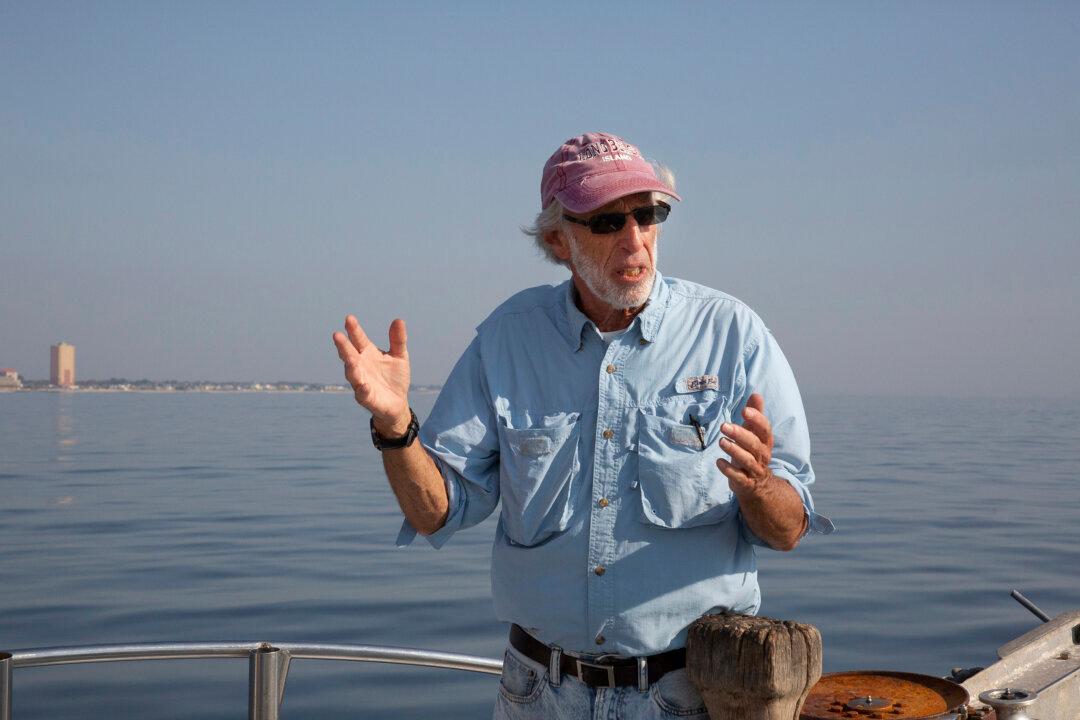Seaside community groups in New Jersey banded together to challenge environmental approvals and financial subsidies for the Ocean Wind 1 project—a wind farm proposed for off the Jersey Shore.
Although the project’s developer, Danish energy giant Orsted, abandoned the project on Nov. 1, the environmental advocates say the threat isn’t over, and they’re preparing to fight again.





